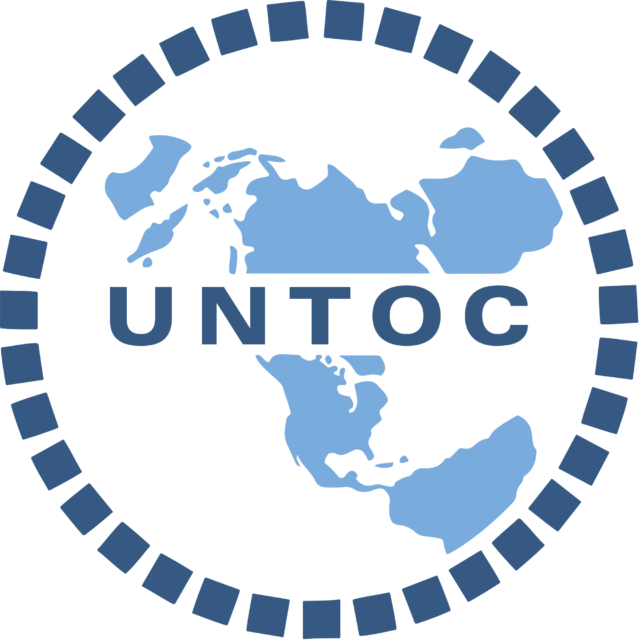Committee Overview
The United Nations Convention against Transnational Organized Crime (UNTOC) was adopted in 2000 and is now supported by 185 UN member states. It is an important treaty aimed at fighting transnational organized crime. UNTOC has core Protocols which specifically target three manifestations of organized crime. One protocol prevents and punishes human trafficking, another relates to smuggling migrants, and a third is to combat the illegal manufacturing and trafficking of firearms. Beyond these aspects, UNTOC provides a framework for international cooperation. It sets out obligations for states to criminalize certain offenses, facilitate extradition and mutual legal assistance, and build capacity to combat organized crime. By signing the Convention, countries agree to take specific actions to combat these crimes, such as creating national laws, promoting international cooperation, and assisting authorities. UNTOC has become the key tool for countries to work together in the fight against organized crime.
Topic A: Organ Trafficking and Transplant Tourism
Today, organ trafficking is a large illegal business for criminal groups that generates billions of dollars. Organ trafficking involves the illegal sale of human organs, and it mostly targets poor, vulnerable, and marginalized people. Victims are often tricked, pressured, or forced into selling their organs. Most victims come from developing countries and are usually targeted for their kidneys, livers, or corneas. Transplant tourism happens when people travel to other countries to buy organs, usually breaking local laws or ethical rules. Even though the United Nations’ “Protocol to Prevent, Suppress and Punish Trafficking in Persons, Especially Women and Children” from 2003 bans this practice, organ trafficking is still happening today. The network behind organ trafficking is well-organized and involves doctors, hospitals, brokers, and even border agents. Corruption and weak enforcement of laws allow the problem to continue. UNTOC delegates need to think about how to improve cooperation between countries to stop trafficking, how to protect and support victims, and how to raise awareness of this issue. There will be challenges in solving the problem, such as distinguishing between legitimate medical travel and transplant tourism. The private medical sector might also resist new regulations because of costs or conflicts of interest. The role of UNTOC in identifying victims and offering support will also be a key issue.
Topic B: Safeguarding Sport from Corruption
Organized sports provide many benefits to individuals and societies. Sports promote peace, cultural exchange, healthy lifestyles, and create economic opportunities. However, corruption can take away these benefits. Illegal betting, money laundering, bribery, and cheating in competitions all harm sports. The United Nations Office on Drugs and Crime (UNODC) works to prevent and punish crimes in sports through its “Programme to Protect Sport from Corruption and Economic Crime.” According to the UNODC, over USD 1.7 trillion is bet illegally in markets controlled by organized crime. This illegal betting also facilitates money laundering, which amounts to between USD 800 billion and USD 2 trillion. This is a significant percentage of the global economy. Bribery in sports has also increased as international sports have grown in popularity. There are three main types of bribery in sports: bribing to hide the use of banned substances (doping), bribing to organize or manage major sporting events, and bribing to fix competitions. The third type of bribery is especially common. It involves fixing matches to make sure a certain team loses or to control how many goals are scored. Delegates in this committee must find ways to address the problem of corruption and protect the integrity of sports.

